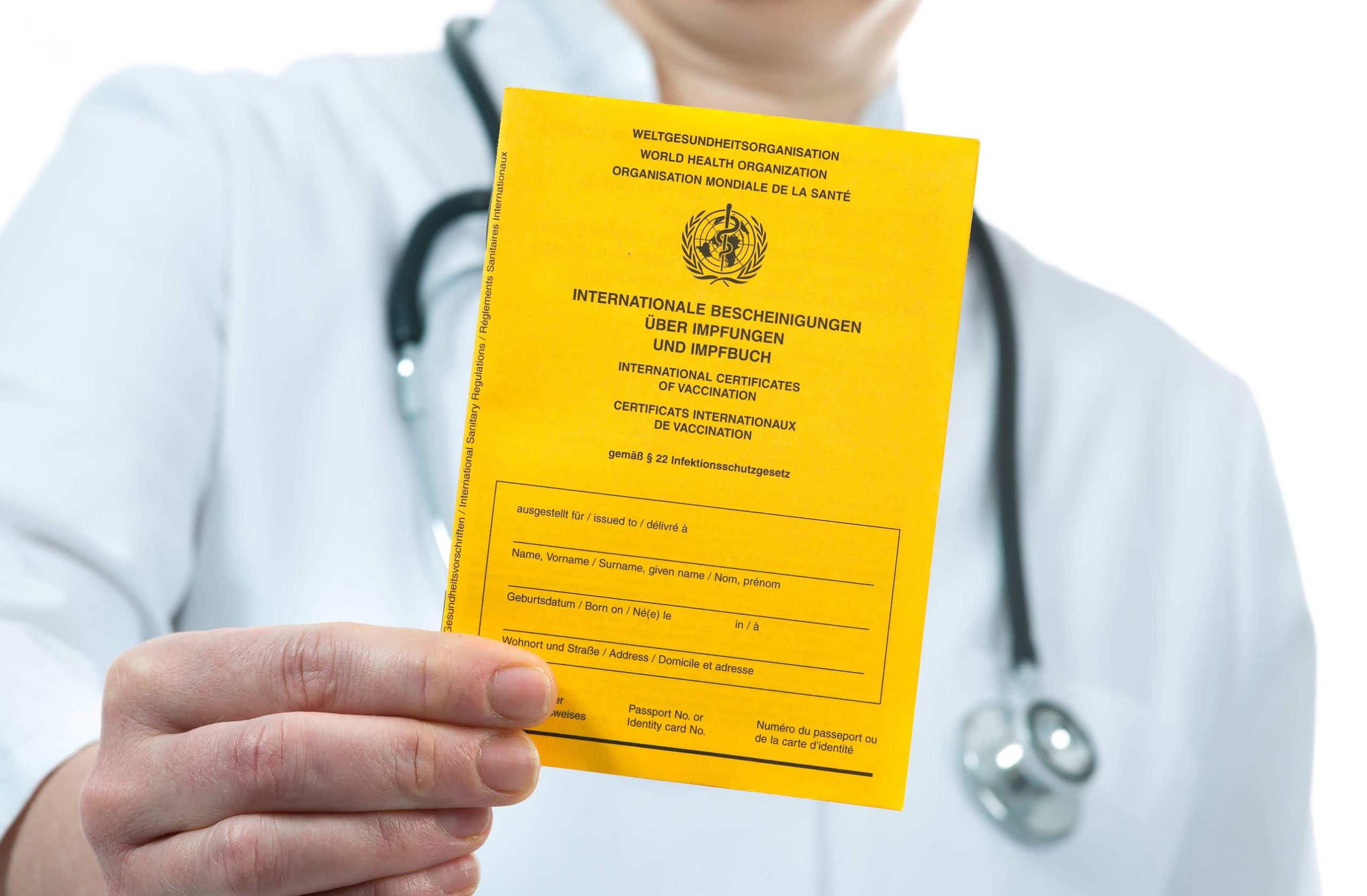
December 21, 2019
vietnam e-visa
Visa On Arrival
Health First – Important Travel Vaccines to Get Before Travelling to Vietnam
Vietnam is a great country filled with gorgeous landscapes and other exotic tourist destinations. Most travelers from across the world visit Vietnam to explore the natural wonders it has. But, in general, there are certain precautions you need to take before traveling to any overseas country, though not mandatory. The health professionals recommend getting necessary vaccinations before taking a trip to Vietnam. This will help protect yourself from potential health risks. Here is what you need to know:
List of Vaccines to take During Vietnam Travel
There are no compulsory vaccinations for Vietnam required by law for the travelers. But, any normal travel has to hold the habit of taking certain immunizations to stay healthy throughout the trip. Here is a list of suggested vaccines to travel Vietnam:
- Take the Routine vaccines for Diphtheria-tetanus-pertussis vaccine, polio vaccine, flu shot, and measles-mumps-rubella.
- One dose of the measles-mumps-rubella (MMR) vaccine for infants aged between 6 and 11 months.
- 2 dose of MMR vaccine for persons aged 12 months or older, with each dose given 28 days apart
- Any persons aged 12 months or older, who have already taken a dose of MMR vaccine, should get an extra dose.
- Hepatitis A: It is possible to get hepatitis A through contaminated water or food in Vietnam. It does not matter about the place in the country.
- Hepatitis B: One could contract hepatitis B through contaminated needles, or blood and bodily fluids. Take this vaccine if you happen to get a tattoo or piercing.
- Typhoid: Contaminated food or water in Vietnam could put you at risk of getting typhoid. Take the recommended vaccine for typhoid, if you are planning to visit remote or rural areas.
- Malaria: Mosquito bites could possibly lead to malaria. Pick up a Malaria vaccine, especially when your tour schedule insists on spending a lot of time outdoors or sleeping outside.
Should you worry about Japanese Encephalitis and Rabies?
- Japanese Encephalitis: Take Japanese encephalitis vaccination, if your travel plan in Vietnam extends for more than a month. Talk to your health professional and discuss your travel plans to know if this is necessary.
- Rabies: Chances of contracting a dog bite, bat, or other mammals could put you at risk of getting rabies. If your travel plan includes hiking, camping, adventuring, caving, and similar outdoor activities, you could risk yourself for animal bites. For those taking long trips in Vietnam, or working on a project that involves animals, must take Rabies vaccine.
Best Practices to Follow in Vietnam:
- Be careful about what you eat and drink. Consume clean fruits and vegetables, and freshly prepared foods. Opt for pasteurized dairy products. Buy properly sealed and disinfected bottled water. Drink pasteurized milk or hot coffee and tea.
- Prevent sharing of bodily fluids. Do not share needles for tattoos or piercings. Make sure to use only sanitized equipment for medical care. Refrain from drug usage.
- Stay away from animals. Do not touch stray dogs or animals, and don’t let them come in contact with you.
- Prevent bugs or mosquito bites. Cover your skin with long pants, and full sleeve shirts. Make use of an approved insect repellent. Doctors suggest staying in an air-conditioned room to prevent insect bites.
- Do not use non-sterile cosmetic or medical equipment
- Protect yourself from germs. Wash your hands thoroughly before eating. If you don’t have soap and water, use a good hand sanitizer. Stay away from people who are sick.
Tips to Get Proper Medical Care:
Besides getting the vaccines to travel Vietnam, follow these important tips to stay healthy throughout the trip:
- Have a list of hospitals and doctors at the area you stay.
- Use a card that lists important health information. It should include your blood type, allergies, or other health conditions.
- Make sure to receive the prescriptions from your doctor.
- The government of Vietnam does not allow certain prescribed drugs too. Contact the embassy to know if you could bring your medicines with you.
Here’s How You Can Reduce Your Exposure to Germs
Carefully follow these tips to avoid getting sick during your travel and stay at Vietnam.
- Wash your hands frequently, especially before eating.
- At the non-availability of soap and water, clean your hands with hand sanitizer
- Don’t touch your eyes, nose, or mouth with dirty hands.
- You should sneeze into a tissue or paper towel to help stop the spread of germs
- Avoid contact with sick people.
Medical Care after your Trip
If you become sick after your trip, you must consult a doctor immediately. A doctor specialized in travel medicine. Make sure to inform the doctor about your travel, the details of where you went, and your activities during the trip.
Notify the doctor immediately if you were bitten or scratched by any insects or animals during the travel. In case, you traveled in a malaria-risk area, consult a doctor after you head back home. The doctor will check you for any symptoms of acquiring malaria.
Follow the aforementioned health information, and make sure that you apply for a visa through a legitimate travel agency. Get in touch with the experts for any queries or to apply for your eVisa today.
PERHAPS YOU ARE INTERESTED IN

Vietnam is home to some beautiful and exotic natural wonders. The country has a fascinating, yet complex, history with a fascinating culture.
